As children grow up, their bodies go through dramatic physical changes that require a wide variety of vitamins and minerals.
However, many teenagers don’t get all the nutrients they need from diet alone, so you may be considering supplementing vitamins for teens.
Teenagers aren’t renowned for being the healthiest group out there, so should they be using vitamin supplements, and what are the best Vitamins for Teenager?
As a parent, you want to ensure that your child is getting all the nutrients they need – especially during puberty – but it can be hard to judge what vitamins and minerals your teenage children need. If your child has an underlying medical condition, poor appetite, or restricted diet (such as vegetarianism or veganism), they should take vitamin supplements, but could all teenagers benefit?
While teenagers are often stereotyped as eating unhealthy foods or skipping meals, they aren’t inherently any more or less healthy than other age groups, so are teenage multivitamins necessary? During puberty, your body needs more energy and nutrients, so are vitamin supplements a good way to fuel these physical changes, and what are the risks of these products?
Table of Contents
Best Vitamins For Teenagers & Teens
When it comes to boosting the vitamin levels of teenagers and teens, giving them fresh fruit isn’t going to cut it – you need help, and multivitamins are the easiest way to get more nutrients in you, so let’s start there.
Although it’s easy to assume that multivitamins are ideal all-rounders for boosting your intake of essential nutrients, they are carefully tailored to the dietary needs of different groups, and the best vitamins for teen girls will look a lot different to ones for adult men.
With that in mind, you should look for supplements that are rich in active ingredients (ideally around the RDI for each nutrient), manufactured by a trustworthy brand and tailored to your child’s health needs.
In short, the best supplements for teens are specially formulated with the growing dietary needs of teenagers in mind and should contain most (if not all) of the essential nutrients we’ve highlighted above.
Can Teens Take Vitamins?

Of course: most vitamin supplements are completely safe – as long as you stick to the recommended dosages – for children, teenagers and adults alike. However, it’s important to consider the vitamins you already get through your diet before searching for the best vitamins for teenagers, as you can get too much of a good thing.
One of the main risks in taking vitamin supplements is exceeding the Recommended Daily Intake (RDI), as excess levels of some vitamins (such as vitamin D) can be toxic. We recommend doing plenty of research and consulting a doctor to find the right supplements for your nutritional needs, and being careful not to exceed the recommended dose.
At What Age Should You Start Taking Multivitamins?

There aren’t any hard rules on when you should start taking vitamins, though many paediatricians recommend giving supplements with vitamins A, C and D to children aged 6 months to 5 years. After infancy, the most important part of a child’s development is puberty, so you should focus on giving your children the best vitamins for teen girls or boys around the age of 8-14.
When choosing the right supplements for your child, you should consider the vitamin contents, dosage strength and delivery method to find the best product for their needs. Additionally, you should find supplements that are easy to take and not unpleasant for your child, as anyone can tell you how hard it is to make a teenager stick to a routine they really don’t want to.
Which Vitamins Are Most Important for Teenagers?
It’s common knowledge that teenagers need a balanced diet rich in essential nutrients to support their development, but which are the best vitamins for teenage growth? The following vitamins and minerals are all incredibly beneficial for a child’s development, so we recommend adding plenty of natural sources to your kid’s diet and choosing supplements that contain:
Vitamin A

This group of fat-soluble compounds supports many biological processes, including immune support, healthy growth, and can even help tackle acne. You can find vitamin A in sweet potato, oily fish and dairy products, but should stick to the Recommended Daily Allowance (RDA) of 300-600mcg a day for adolescents.
Vitamin C
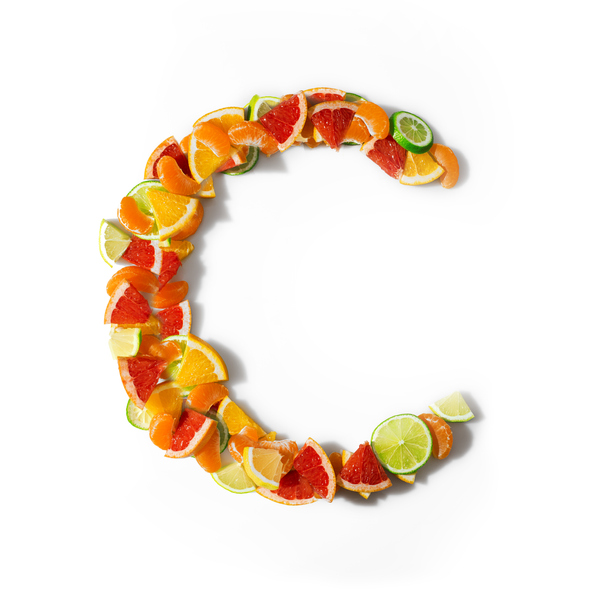
Vitamin C is an incredibly common supplement and has powerful antioxidant benefits that make it one of the best vitamins for teen boys and girls. Vitamin C is found in citrus fruits and supports immune function whilst preventing iron deficiency, though it can be hard on your stomach due to its acidity.
RELATED: If vitamin C supplements upset your stomach, try buffered vitamin C!
Vitamin D

The ‘sunshine vitamin’ supports healthy bones and a strong immune system, and while your body produces it when exposed to sunlight, as many as 4 in 10 Americans have a vitamin D deficiency. We strongly recommend including vitamin D in your supplement regime, as it’s tough to get your RDA through diet alone.
RELATED: Read our article on restoring vitamin D levels if you’re worried you’re not getting enough.
Vitamin E

Vitamin E has powerful antioxidant effects and helps protect cells from damage whilst contributing to skin and heart health, making it a great inclusion to any teenage multivitamins. Vitamin E can be found in seeds, nuts, and some meats, and the recommended intake is between 15 and 19mg, so deficiencies are quite rare.
B Vitamins

There are eight water-soluble B vitamins (collectively known as B complex) which are essential for various biological functions, though each vitamin has unique benefits, such as:
B1 (Thiamine)
Thiamine, or vitamin B1, is essential for the functioning of all tissues in your body, making it one of the most important vitamins for teens, though diagnosed deficiencies are rare in the US.
B2 (Riboflavin)
Vitamin B2 contributes to the production of energy and red blood cells and maintains your vision, thanks to its antioxidant effects.
B3 (Niacin)
Niacin helps turn food into energy, assists normal nerve function and contributes to healthy skin, making it one of the best supplements for teens concerned about spots or acne.
B6 (Pyridoxine)
Vitamin B6 contributes to red blood cell production, amino acid metabolism and neurotransmitter creation, supporting overall health and brain function.
B9 (Folate/Folic Acid)
Folate and folic acid are both forms of vitamin B9, which is essential for cell growth, energy metabolism and red and white blood cell production, especially during pregnancy, so it is commonly recommended as one of the best vitamins for teen girls.
B12 (Cobalamin)
One of the most well-known B vitamins, Cobalamin is often sold in separate supplements and helps support neurological function, red blood cell development and DNA production, to name a few benefits.
Honorable Mentions – Minerals
Now we know that minerals don’t fall under the purview of ‘the Best Vitamins for Teenagers’, but we really couldn’t ignore these essential minerals, as they are just as important for the physical development of your children.
Calcium
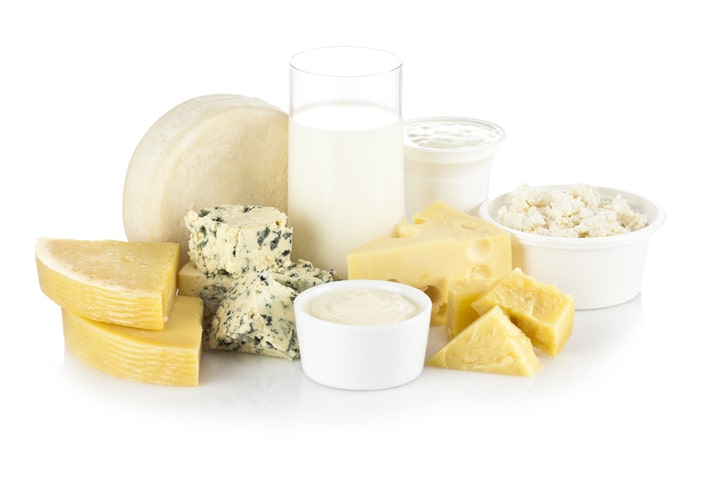
As we all know, calcium is essential for building up strong bones, so teenagers should be getting plenty of this essential mineral a day to create healthy bones that will support them throughout their lives. Although calcium doesn’t qualify as the best vitamin for teenage growth, it is every bit as essential as any of the vitamins we’ve listed.
RELATED: Make the most of your calcium supplements by maximising your absorption with our handy guide here.
Iron
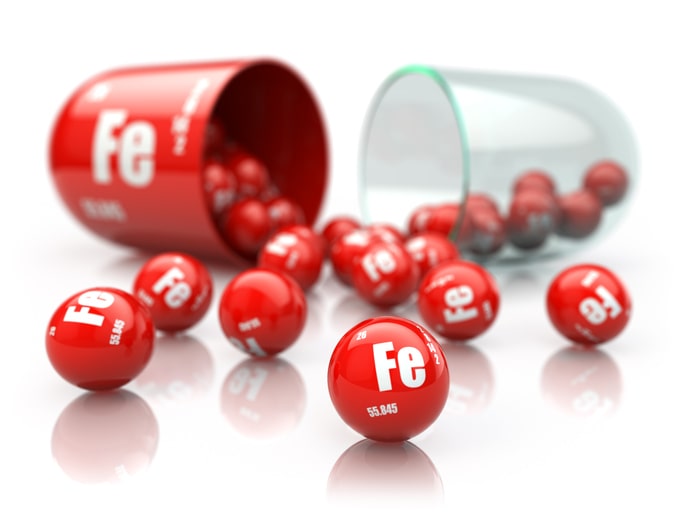
Iron is an essential nutrient that supports a healthy immune system, brain development and energy levels, making it incredibly helpful for physical development during puberty. While iron deficiencies are rare, supplements are especially helpful for teenagers and people on vegetarian or vegan diets, who may not get enough through their diet.
Magnesium
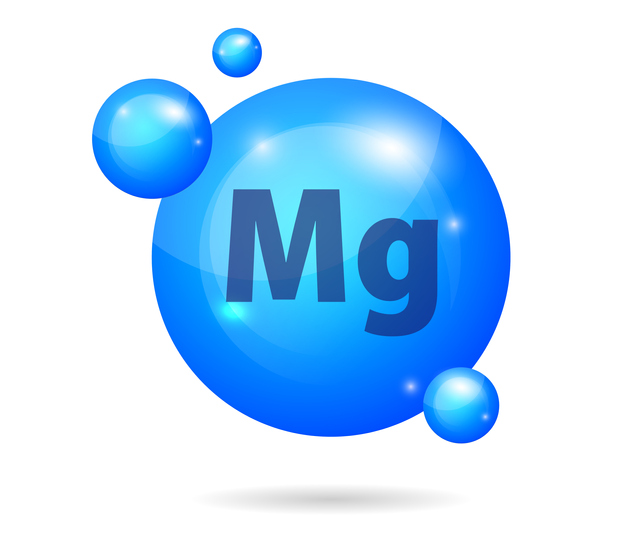
Every cell in your body contains a small amount of magnesium and needs it to function, so we really can’t overstate the necessity of magnesium. Approximately 50% of US adults get less than the RDA of magnesium, so we recommend choosing products with magnesium when searching for the best supplements for teenagers.
Potassium
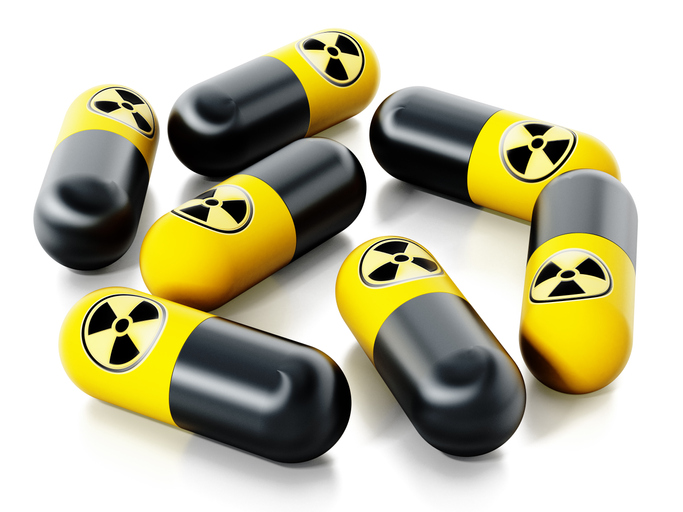
Potassium is one of the most abundant minerals in the body and helps regulate fluid, nerve signals and muscle function, acting as an electrolyte in your body. According to some estimates, less than 2% of Americans get the recommended daily amount of potassium, so you could probably benefit from more potassium in your diet.
Zinc
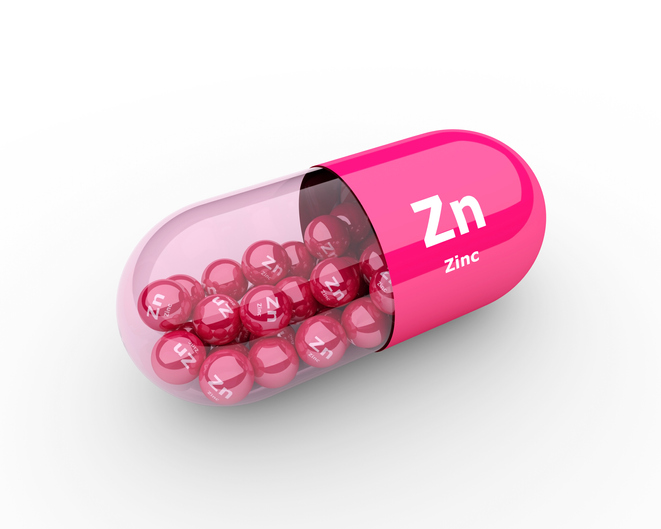
Zinc is an essential mineral that supports normal immune function, wound healing and growth, as well as helping regulate testosterone, making it highly recommended with other vitamins for teen boys. The Recommended Daily Intake for zinc is 8-11mg for adults, so teenagers will only need a small dose to benefit from the effects of zinc, such as you might find in a multivitamin supplement.
RELATED: Our article on the different forms of zinc used in supplements will help you find the best product for you.
Tips on Choosing The Best Vitamins for Teenagers
Every kid is different, and there’s no one-size-fits-all solution to nutrition, so you should always shop around and read the label to find the best blend of nutrients for your needs. Additionally, you should always get professional advice before starting a new supplement regime to make sure you’re getting the nutrients you need and in the right amounts.
We strongly recommend searching for a product containing the RDI of the vitamins and minerals listed above, but feel free to omit or add any nutrients you – or your family doctor – feel necessary. Furthermore, you should stay away from high-strength vitamins for teens, as more isn’t always better – taking too many vitamins can be just as bad as taking too little – so try and find supplements that provide the RDI of each active ingredient.
How Many Vitamins Does a Teenager Need per Day?
Teenagers need a lot of nutrients to support their developing bodies, and while we put a lot of focus on a balanced diet – with plenty of vegetables, protein, fiber, etc. – it’s a lot harder to measure the right amounts of vitamins for teen boys and girls. Thankfully, nutritional scientists have worked hard to answer those questions, and the experts at the National Institutes for Health recommend that teenagers eat the following amounts of essential vitamins and minerals:
- Vitamin A: 700-900mcg
- Vitamin C: 65-75mg
- Vitamin D: 15mcg
- Vitamin E: 15mg
- B Complex Vitamins:
- Vitamin B1: 1-1.2mg
- Vitamin B2: 1-1.3mg
- Vitamin B3: 12-16mg
- Vitamin B6: 1-1.2mg
- Vitamin B9: 300-400 mcg
- Vitamin B12: 2.4mcg
- Calcium: 1,300mg
- Iron: 8-15mg
- Magnesium: 240-410mg
- Potassium: 2,300-3,000mg
- Zinc: 8-11mg





